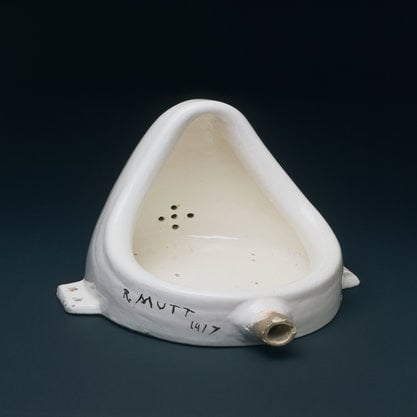Article
Dix, Otto (1891–1969) By Van Dyke, James A.
Article
Otto Dix was a painter who emerged as a leading figure of the German avant-garde after World War I. His expressionist caprices, dadaist collages, and verist grotesques challenged prevalent norms of taste and propriety in a number of ways, which include but are not limited to the mixing of high art with mass culture, testing the limits of obscenity and transgressing traditionally heroic images of war. These tactics, coupled with the energetic promotion of his work in the modern dealer–critic system, laid the foundation for the painter’s rapid professional ascent, which culminated in an academic appointment in 1926. At the same time, conservative, nationalist and Nazi artists, critics, and activists frequently attacked Dix’s work, which was prominently displayed in anti-modernist exhibitions such as Degenerate Art between 1933 and 1938. During the Third Reich, Dix was marginalized; he adapted by producing ideologically equivocal, marketable landscapes and religious scenes. After 1945, Dix abandoned the techniques and themes of his earlier, best-known work and sought to position himself in West and East Germany while maintaining his independence from both abstraction and Socialist Realism. His work of the 1920s is now canonical, although the character of his political ideology and the causes and implications of his depictions of the female body and sexual violence continue to be debated.





